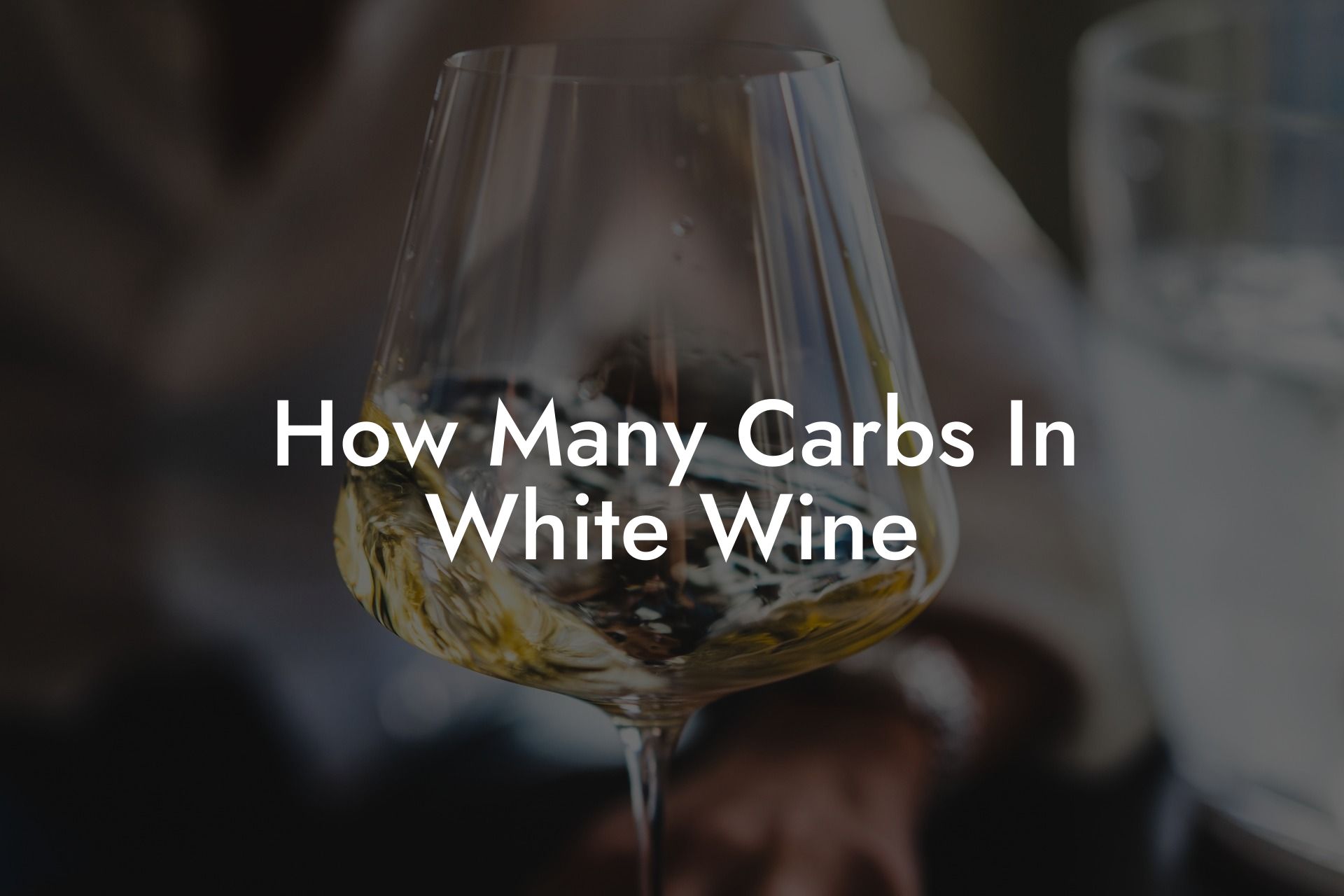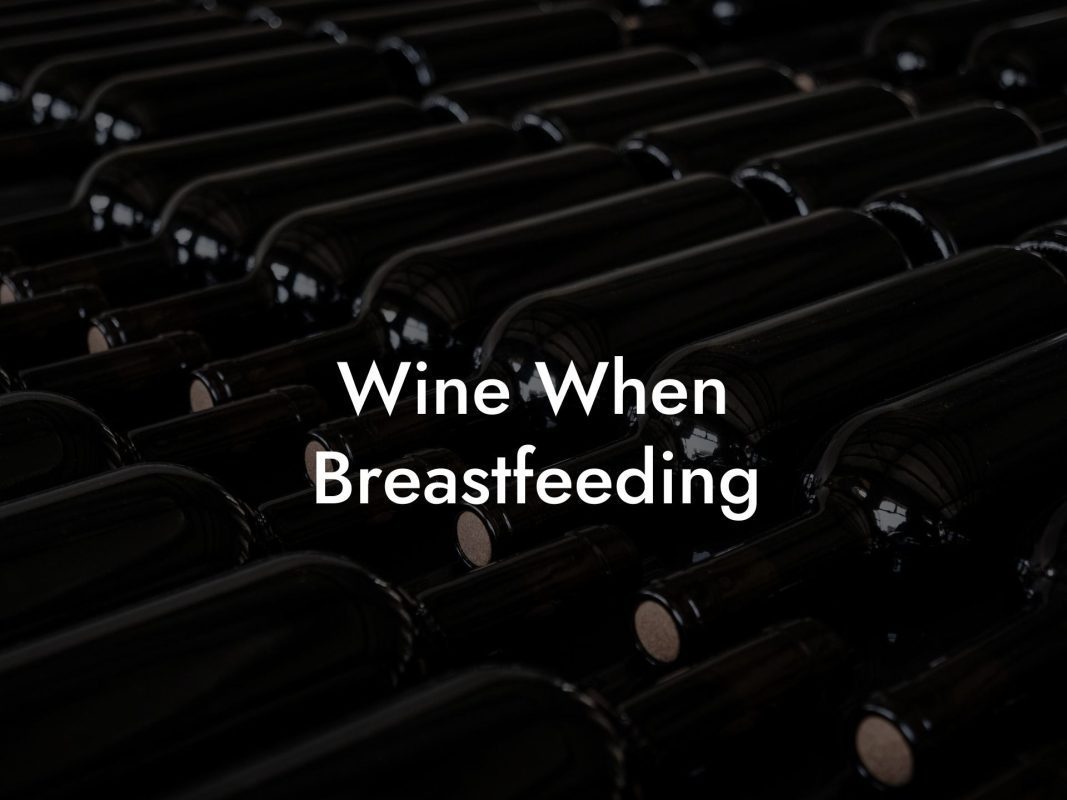If you're a wine enthusiast or even just someone casually interested in wine, you might have wondered about the carb content in white wine. Well, you're not alone. As the world becomes more health-conscious, nutrition information becomes a vital part of our lifestyles, and knowing what you're sipping on is essential. Attend one of our Black Wine Club events and you’ll learn that pairing delicious wines with great electronic music can be a fantastic experience, but it's always good to be mindful of what we consume. So, let's dive into the world of white wine and explore its carb content.
How Many Carbs In White Wine Table of Contents
Carbs in White Wine: The Basics
When it comes to carbs in wine, there's no one-size-fits-all answer. The actual carb content in white wine varies based on the type, the grapes used, and the fermentation process. However, there are some general guidelines you can follow to help estimate the carbs in your glass.
Factors That Influence Carb Content
- Type of Wine: Different types of white wines have varying levels of carbs. For example, sweeter wines like Riesling have more carbs than drier wines like Pinot Grigio or Sauvignon Blanc.
- Fermentation Process: The fermentation process, which is the conversion of sugar to alcohol, also impacts the carb content of the wine. Longer fermentation periods result in lower carb content as most of the natural sugar is converted.
- Grape Variety: Some grape varieties are naturally higher in sugar content, resulting in slightly higher carb counts in the final wine.
General Carb Counts in White Wine
Here are the carb counts for some popular white wines per a 5-ounce serving:
Do You Want to Win a Free Bottle of Wine?
Don't miss out on the opportunity to win a free bottle of wine every week.
Enter our weekly prize draw today!
- Chardonnay: Around 3 grams of carbs
- Pinot Grigio: Around 3 grams of carbs
- Sauvignon Blanc: Around 3 grams of carbs
- Riesling: Around 6 grams of carbs
- Moscato: Around 8 grams of carbs
It's crucial to remember that these numbers are estimations and can vary between different wine brands and specific bottles.
How Many Carbs In White Wine Example:
Suppose you attend a Black Wine Club event and end up sampling a mix of different white wines throughout the evening. Let's say you had a glass of Chardonnay (3 grams), a glass of Sauvignon Blanc (3 grams), and a glass of Riesling (6 grams). In this case, you would have consumed approximately 12 grams of carbs in total from your white wine sampling.
Now that you know more about the carb content in white wines, you can make more informed choices next time you're enjoying a glass at one of our Black Wine Club events or perusing our informational content. Be sure to share this knowledge with your friends and fellow wine lovers, as it's always great to learn something new together. And as you enjoy your glass of white wine, remember that moderation is key – it's not only about selecting the right wine but also enjoying it responsibly. Cheers to good times, good friends, and continued education on the fascinating world of wine!
Do You Want to Win a Free Bottle of Wine?
Don't miss out on the opportunity to win a free bottle of wine every week.
Enter our weekly prize draw today!












